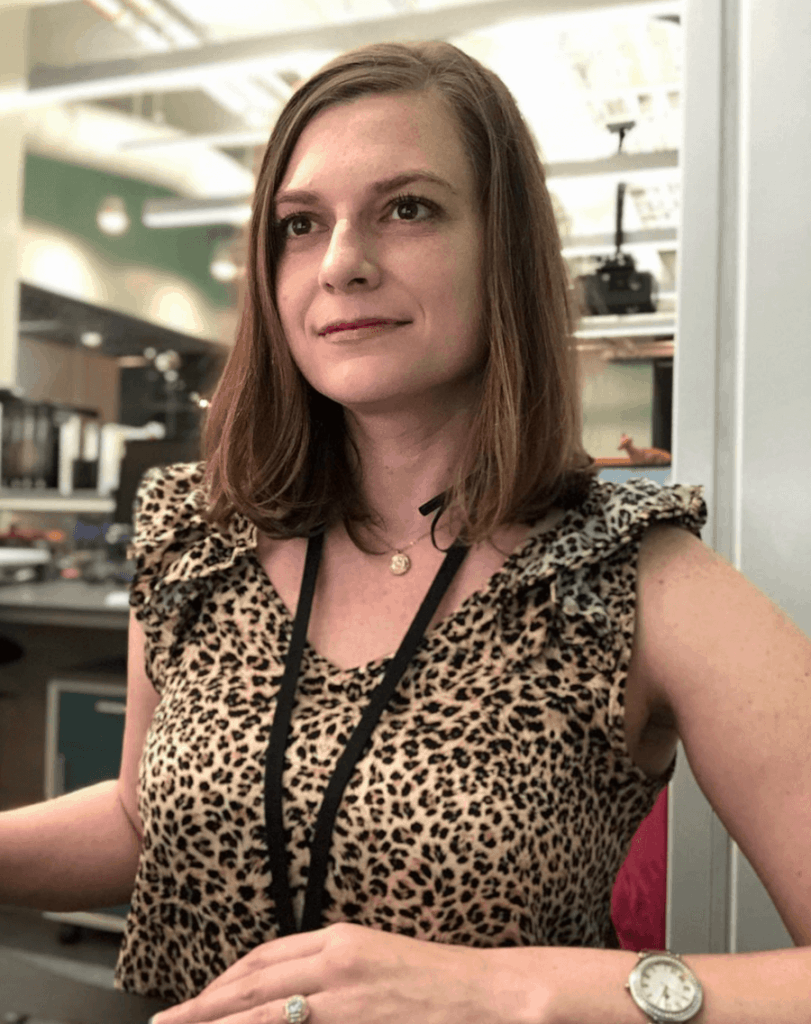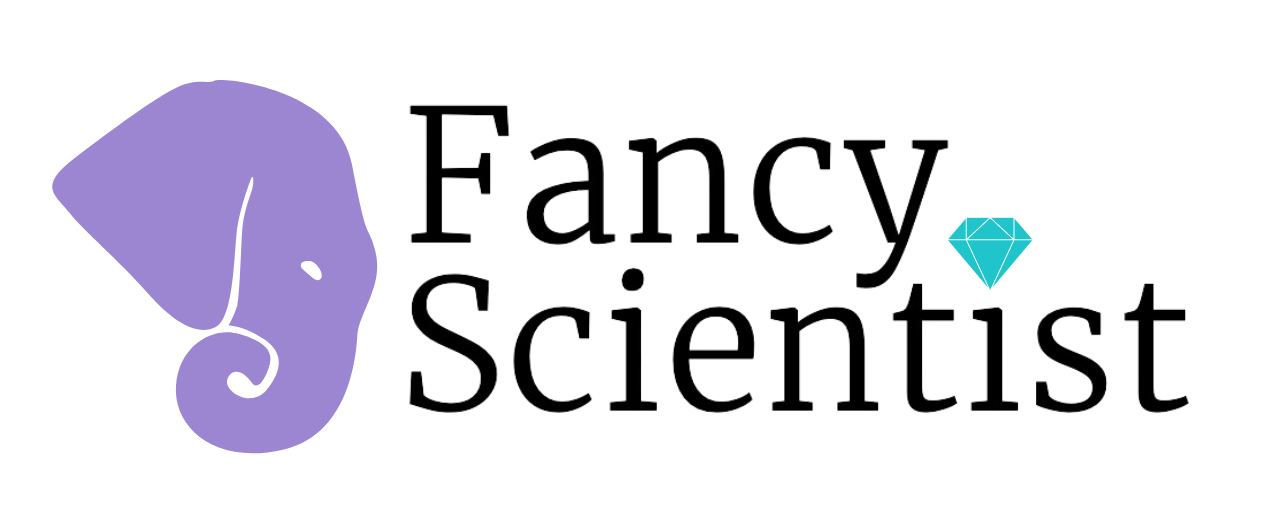Within the past decade, there have been several prominent issues where the public has showed distrust in science and the scientists behind the studies: climate change, evolution, vaccines, and now COVID-19 and wearing masks.
This week on the podcast, I talk about what science actually is. We’re taught in school that science is about memorizing facts or taxonomic names (at least in biology). But science is really about asking and answering questions!
These questions, and the studies attempting to answer them aren’t done in isolation. As a scientist, it’s incredibly difficult to fabricate data or come up to erroneous conclusions and get away with it. Science is full of checks and balances, and while it is always evolving, there are definitely well-studied areas of research where the results are clear and there is a consensus among scientists.
But this is only half the work. Or maybe even less than half. Without the public understanding the science, our work doesn’t mean much. For example, we have lots of studies and climate scientists agree that humans are causing climate change at an accelerated rate, yet if the public and government officials don’t trust those studies or the scientists, we won’t be able to implement changes to mitigate the impacts. Therefore science communication is of utmost importance.
In the second half of this podcast, I transition into how scientists are communicating their research and how I am shifting to a new career entirely dedicated to science communication.
Most scientists think you can only work as a science communicator for an organization, but I’m sharing how I’m doing it with my blog. Next week, I talk to Chris Cloney, who has made an entire business out of science communication.
In this podcast, I:
- Take you through what it’s like to conduct a scientific study
- How scientists check each other’s work
- How studies are published in journal
- Why scientists are communicating their science
- How scientists can be communicators
- My transition into a career in science communication and how you can do the same.
Powered by RedCircle

Love this post? Share it with friends!





Reader Interactions